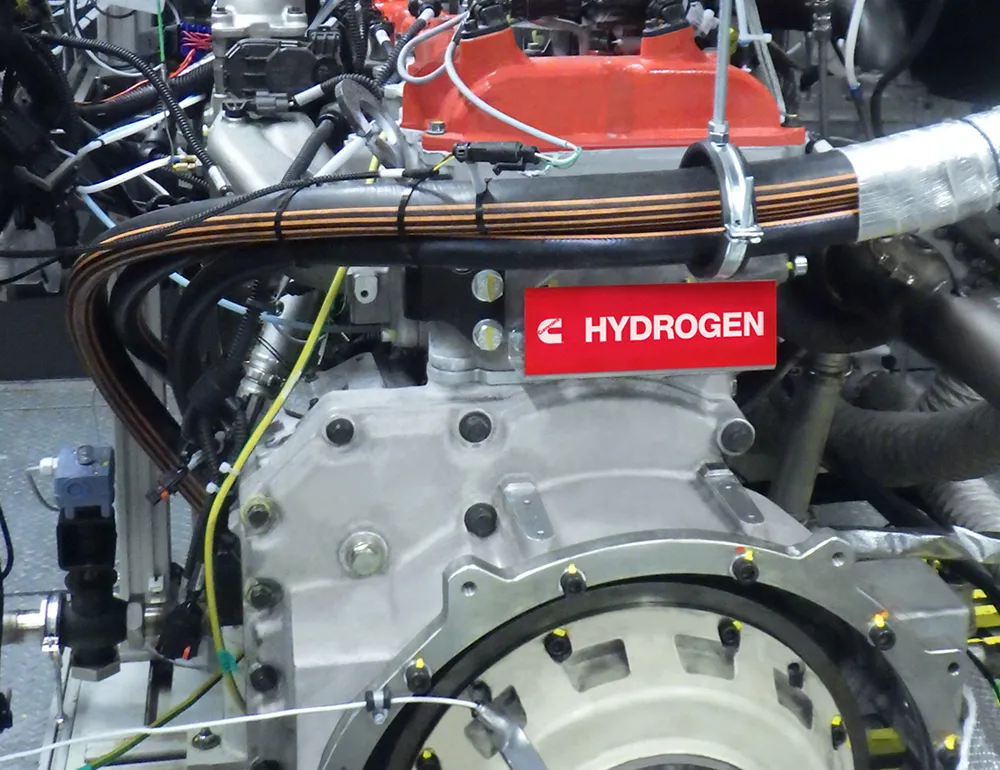In January 2011 it became a legal requirement for all crash cushions sold in the EU to carry the CE Mark, the symbol of conformity to European Directives.
February 24, 2012
Read time: 2 mins
In January 2011 it became a legal requirement for all crash cushions sold in the EU to carry the CE Mark, the symbol of conformity to European Directives.
This can only be applied to a road restraint system once the manufacturer has undergone a rigorous process of checks and inspections from a relevant Notified Body. A manufacturer cannot simply add a sticker with a CE logo to its product.As part of the CE certification process, the manufacturer must produce a comprehensive technical file for the product, including the initial testing details and test reports. The Notified Body ensures that the product is correctly qualified and meets the requirements of EN 1317.
Also as part of this process, the Notified Body will make a factory production control inspection when the manufacturing facility, quality control procedures and monitoring processes are all examined.
The manufacturer and its products must meet the exacting standards set out in EN 1317-5 to ensure that the products are compliant and those coming out of the factory are consistent and manufactured to the same standards and specifications as the original product that successfully performed the initial EN 1317 testing.
Once the Notified Body is satisfied that all necessary requirements have been met it will issue a Certificate of Conformity, and only then can a manufacturer apply the CE Mark to its products. The CE label will show the product’s Certificate Number, the Notified Body’s ID number and a summary of what the product has qualified to and its performance levels.









